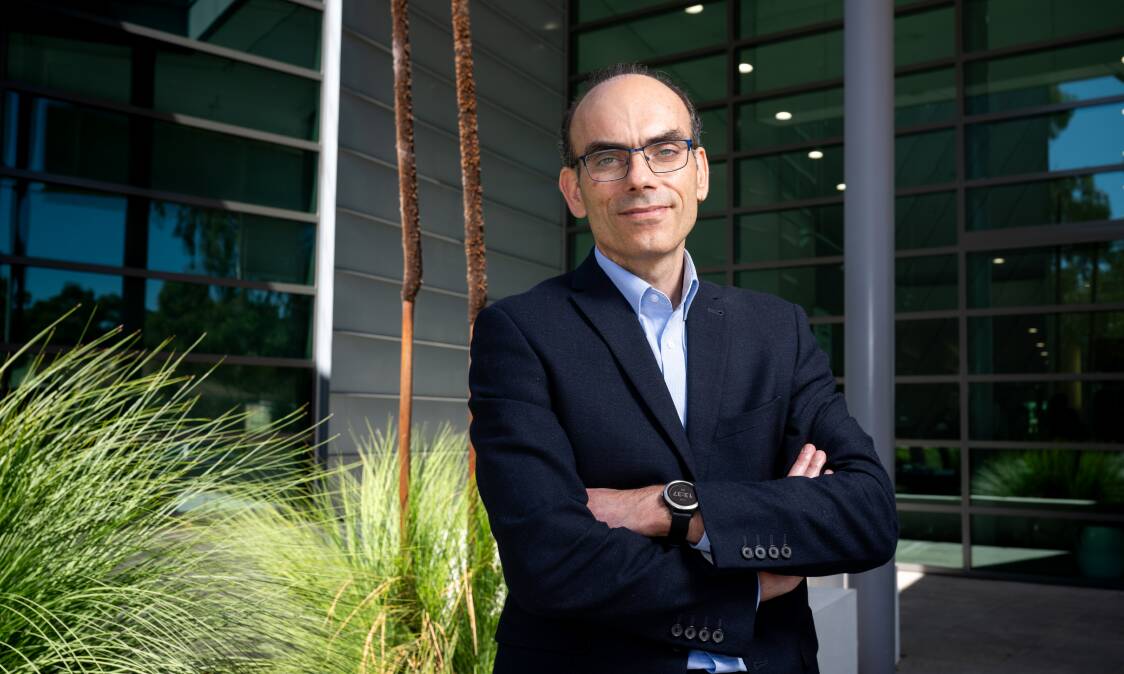Climate change is not just producing more intense droughts, severe fires, rising sea levels and water scarcity.
The warming planet also presents a number of health risks. It can affect cardiovascular health, metabolic health, reproductive health, asthma and can even result in cancers.
A new institute at the University of Canberra will be specifically dedicated to research these risks and, hopefully, find solutions.
The Healthy Environment and Lives, known as HEAL, centre was launched on Tuesday.
It will focus on the health risks related to climate change and environmental changes from events such as heat waves, floods, bushfires, smoke haze.
HEAL Global Research Centre director Sotiris Vardoulakis said the team of 12 researchers would explore solutions, including intervention strategies.
"We'll be focusing on intervention strategies and policies which aim to protect human health, protect and strengthen the health services in Australia and internationally and also reduce inequities and inequalities," he said.
Professor Vardoulakis said the health system was affected by extreme events, such as environmental pollution and overheating alongside increasing demand and the COVID pandemic. He said research would look at reducing demand on the health system from climate-related risks.
"We're aiming to reduce demand, obviously, by protecting the population, improving health, preventive health and also be reducing unnecessary pathology testing, unnecessary processes which put pressure on health services and don't necessarily improve human health and wellbeing," he said.

"We focus very much on the impacts of climate change, environmental change on health services but also on the sustainability of the system, how we can best reduce waste, reduce emissions, greenhouse gas emissions from health services and improve services more broadly."
Researchers are focused on different areas, including waterborne diseases, the sustainability of health services, reducing greenhouse emissions, clean energy and the built environment.
The team will also explore how climate change is affecting people's mental health.
There are already several research projects under way, including projects into clean energy in the domestic environment, phasing out wood heaters, improving indoor air quality through filtration and active research on the sustainability and decarbonisation of health services.
The University of Canberra's HEAL will be the central hub for a wider network of researchers, policymakers and organisations.
The network is being supported by a $10 million grant through the National Health and Medical Research Council Special Initiative in Human Health and Environmental Change which will be disbursed over a five-year period.







